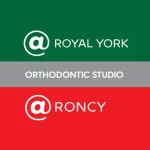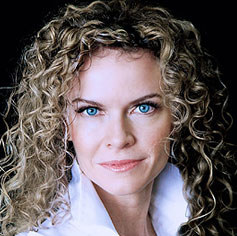
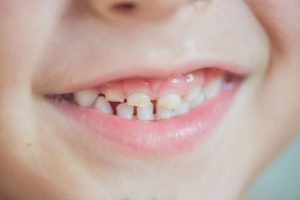
Caring for our children’s health is one of our most crucial responsibilities as parents. And dental care plays a significant role in ensuring their overall development and happiness.
Baby teeth, also known as primary teeth, are placeholders for permanent teeth and are essential for speech development and proper chewing. This article will explore the importance of caring for baby teeth and provide practical tips for maintaining excellent oral hygiene in young children.
Why do Baby Teeth Matter?
Preserving Healthy Development
Baby teeth lay the foundation for a child’s dental health. They help children develop proper speech and language skills, enabling clear pronunciation of words during their formative years. Moreover, healthy baby teeth are crucial for chewing food effectively, aiding overall digestion.
Guiding Permanent Teeth
Healthy baby teeth act as guides for the eruption of permanent teeth. They maintain adequate space in the jaw, preventing alignment issues that may require orthodontic treatment later on. Parents can reduce the risk of crowding or crooked permanent teeth by caring for baby teeth.
Establishing a Dental Care Routine
The First Tooth: When to Begin?
When the first tooth emerges, usually around six months, it’s time to start dental care. Gently clean the tooth with a soft, damp cloth or an infant toothbrush after feedings to remove bacteria and sugars that can lead to tooth decay.
Introducing Toothpaste
Around age two, a small amount of fluoride toothpaste can be introduced. Use a pea-sized amount on the toothbrush, making sure your child does not swallow it. Teach them to spit out the toothpaste after brushing.
Brushing Techniques
Brush your child’s teeth twice daily, preferably after breakfast and bedtime. Use gentle circular motions to clean all teeth and gums surfaces thoroughly. Encourage your child to participate in brushing to make it a fun and interactive experience.
Flossing
Once your child’s teeth start touching, usually around the age of two to three, introduce flossing. Flossing helps remove food particles and plaque from areas a toothbrush cannot reach.
Healthy Eating Habits
Limit Sugary Snacks and Drinks
Excessive sugar consumption can lead to tooth decay. Limit sugary snacks and drinks like candies, sodas, and juices. Encourage healthier alternatives like fruits, vegetables, and water.
Avoid Prolonged Bottle Use
Avoid letting your child fall asleep with a bottle, mainly if it contains milk, formula, or fruit juice. Prolonged exposure to these liquids can cause “baby bottle tooth decay.”
Regular Dental Check-ups
The First Dental Visit
Schedule your child’s first dental visit when the first tooth appears or no later than their first birthday. Early dental check-ups help monitor oral development and detect any issues promptly.
Regular Check-ups
After the initial visit, schedule regular dental check-ups every six months. These visits will help ensure your child’s oral health is on track and enable the dentist to address early concerns.
Handling Dental Emergencies
Toothache
If your child complains of a toothache, rinse their mouth with warm water and gently floss around the affected tooth. Avoid placing aspirin on the gums as it can burn the tissue. Contact your dentist as soon as possible.
Knocked-out Tooth
If your child’s tooth is knocked out, gently hold it by the crown and rinse it with water. Try to place the tooth back into the socket if possible, and if not, store it in milk and seek immediate dental care.
Don’t Take Baby Teeth for Granted!
Caring for baby teeth is fundamental to your child’s overall health and development. By establishing a dental care routine, promoting healthy eating habits, and ensuring regular dental check-ups, parents can set their children up for a lifetime of good oral health.
Give your Child the Gift of a Perfect Smile!
“A positive self-image and self-confidence can result from proper orthodontic care.”
This belief has been our foundation for over 17 years of creating beautiful, straight, and confident smiles!
With thousands of finished cases under our belt, we are confident in our ability to provide you and your family with excellent treatment delivered with expertise and care.
Plan your smile with one of the best Orthodontists in Toronto, Ontario. Schedule a virtual care or in-office appointment with us! Let’s work together to create the best smile for you and your family.
FAQs
When should I start brushing my child’s teeth?
You can start brushing your child’s teeth when the first tooth appears, usually around six months.
How often should my child visit the dentist?
Regular dental check-ups every six months are recommended to monitor your child’s oral health.
Can baby teeth get cavities?
Yes, baby teeth are susceptible to cavities, so proper dental care is essential.
Why are baby teeth vital if they eventually fall out?
Baby teeth play a crucial role in speech development, chewing, and guiding permanent teeth.
What can I do if my child is afraid of the dentist?
Introduce your child to the dentist early and make dental visits a positive and fun experience.
Recent Posts
-
Inside the World of Orthodontists: Education, Precision, and Transformative Treatments
The Evolution of Orthodontics: A Brief Historical Overview Orthodontics, an integral branch…
-
How Orthodontists Plan a Treatment for a Beautiful Smile
Understanding the Patient's Unique Needs A positive self-image and confidence can result…
-
Unleash Your New Smile! Here's What You Need to Know Before Braces Removal
Are you excited to see your smile transformation? Taking your braces off…
-
Traits That a Good Orthodontist Should Have
Choosing an orthodontist is half your smile transformation journey. That’s why in…
-
How Braces Can Help Fix an Asymmetrical Jawline
An asymmetrical jawline can cause concern for many individuals, affecting their appearance…
-
Can Cavities Be Reversed?
Cavities are among the most common dental issues people of all ages…
-
What to Prepare During Your First Braces Appointment
Are you about to embark on your journey to a beautiful smile…
-
Taking Care of Baby Teeth: A Comprehensive Guide for Parents
Caring for our children's health is one of our most crucial responsibilities…
-
What are Brace Elastics?
If you or someone you know is undergoing orthodontic treatment with braces,…
-
Difference Between an Overjet and Overbite: A Comprehensive Guide
Two orthodontic terms that often confuse our patients are "overjet" and "overbite."…


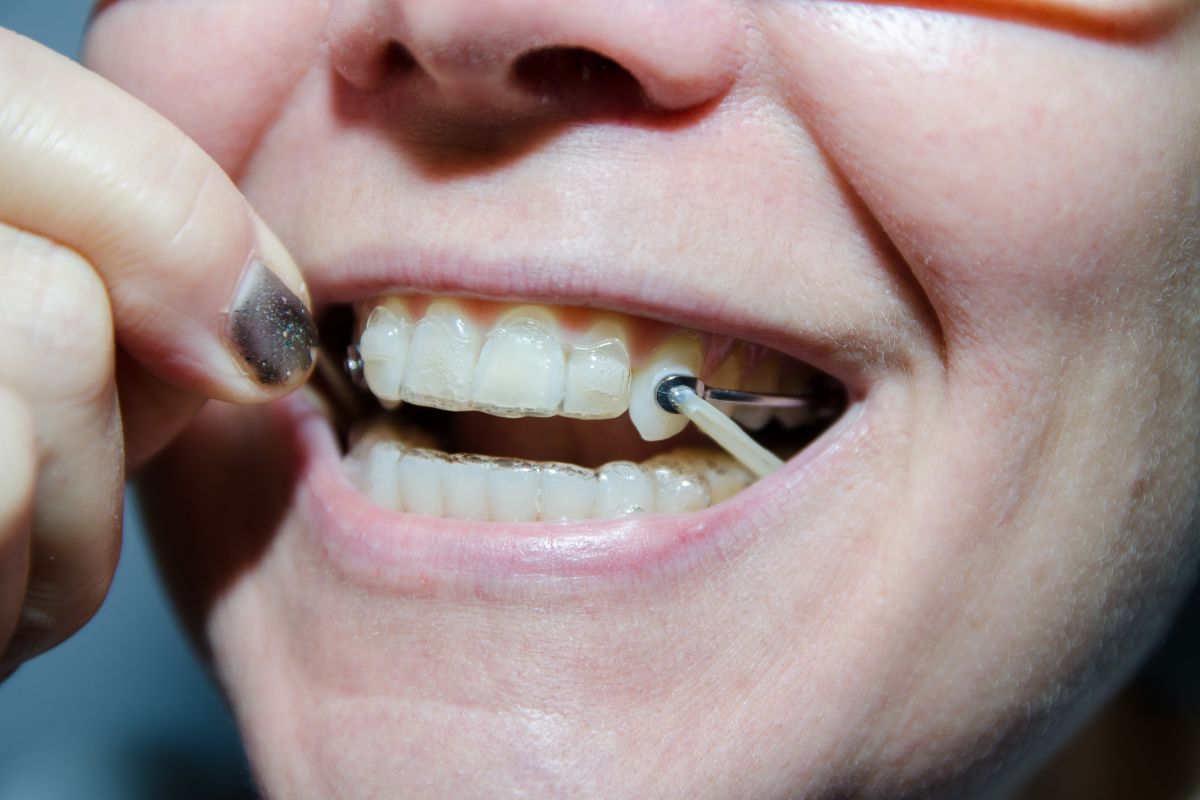



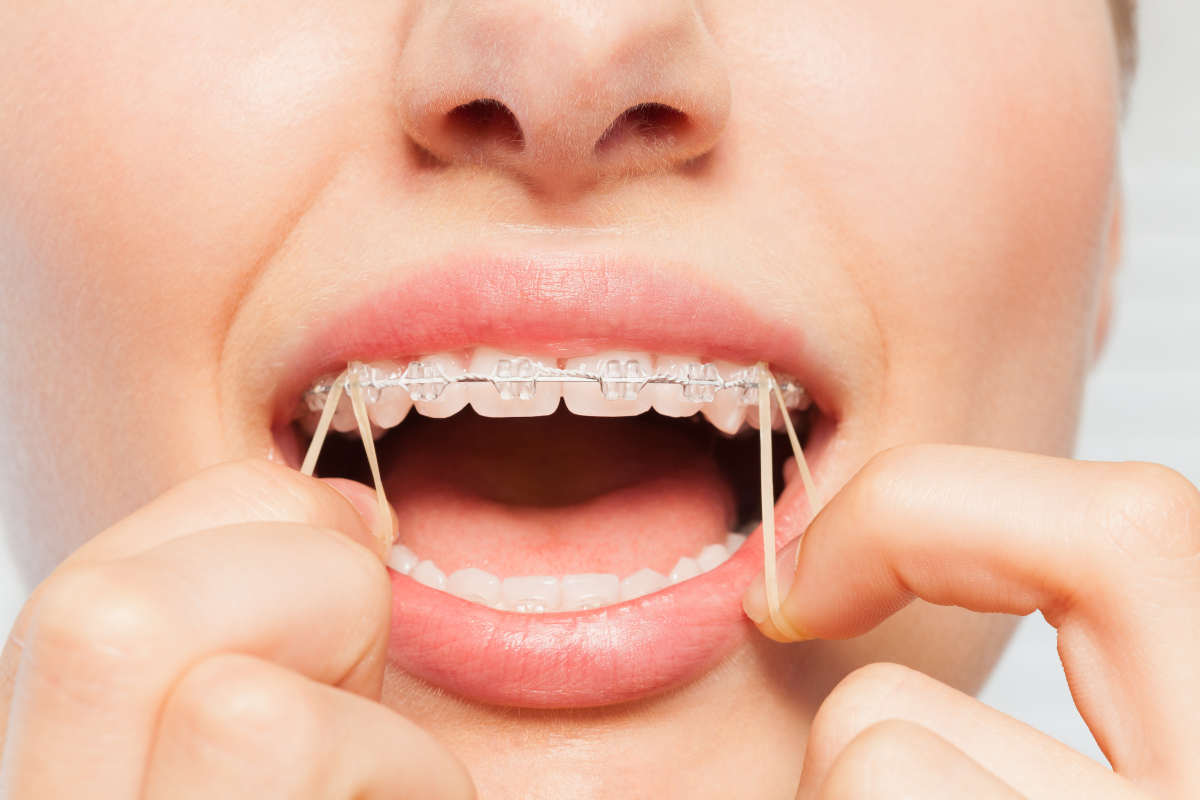
 Instagram
Instagram